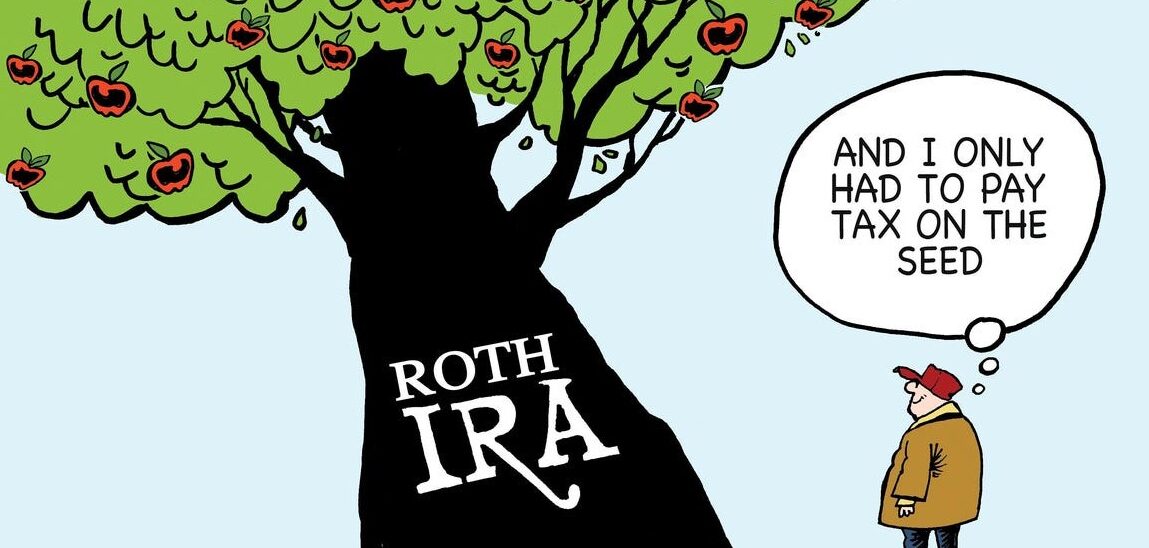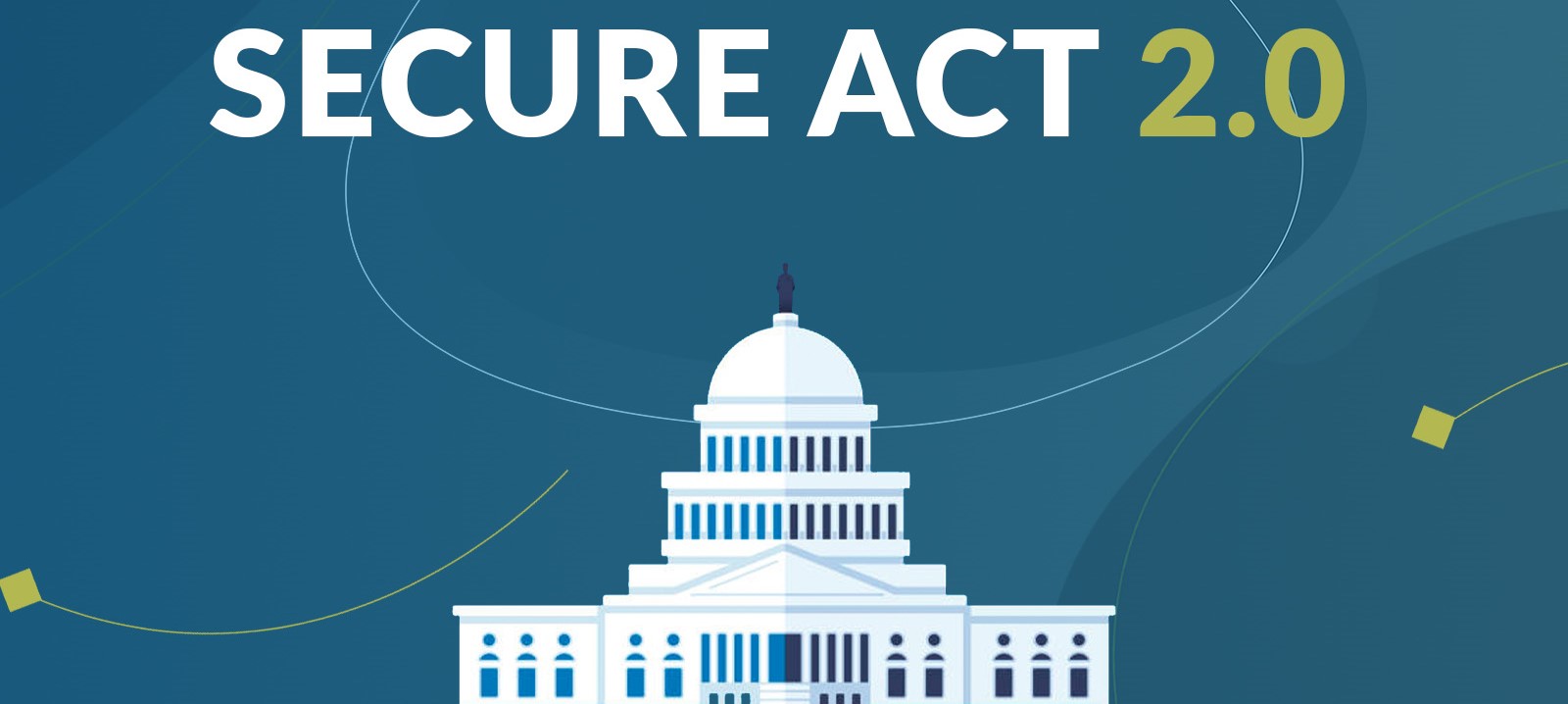You may have heard how converting to a Roth IRA is a terrific move for younger people. A younger person who converts has two significant factors working in her favor. She may pay taxes on a smaller IRA balance and has many years to accrue tax-free earnings in her Roth IRA. But what about older people? Do you think you’re too old to convert? Think Again. It is a mistake to write off conversion just due to age. Older individuals should not overlook the potential tax benefits of converting later in life.
Converting Your Traditional IRA
When you convert your traditional IRA to a Roth IRA, your income will include pre-tax, traditional IRA funds in the conversion year. The conversion will increase your earnings for the year of the conversion. That may, in turn, impact deductions, credits, exemptions, phase-outs, the taxation of your Social Security benefits, and Medicare Part B and Part D premiums; in other words, anything on your tax return impacted by an increase in your income.
That is a tax hit for sure but keep it in perspective. Remember, the extra income is only for the year of the conversion. The trade-off is the significant tax benefit down the road. If you follow the rules for qualified Roth IRA distributions, all your Roth IRA funds, including the earnings, will be tax-free when distributed to you. Not a bad deal!
Three Questions to Ask
Thinking conversion may be the right move for you? Ask yourself three questions.
First, when will you need the money? Do you need your IRA money immediately for living expenses? If so, converting may not be for you.
Second, what is your tax rate? If you are retired with a lower income, that may favor conversion.
Third, do you have the money to pay the tax on the conversion? It is soundest to pay the conversion tax from non-IRA funds.
Distributions from your Roth IRA
After you convert, your converted funds can always be distributed from your Roth IRA, both tax-and penalty-free, if you are over age 59 1/2. However, no matter what your age, you must wait five tax years from the year of your first Roth IRA conversion or contribution to any Roth IRA for the distribution of earnings from any Roth IRA to be tax-free. The good news is that profits are assumed the last funds dispersed from your Roth IRA(s) and will never be subject to the 10% early distribution penalty if you are over 59 ½.
Another plus of converting is that you are not required to take required minimum distributions (RMDs) from your Roth IRA. If you convert your traditional IRA to a Roth IRA, you must take any RMD before converting and will not have to take any more RMDs from your Roth IRA. For those that have large IRAs and large RMDs, this could be a substantial tax saving.
Roth IRA Estate Planning Advantages
A Roth IRA can be a great estate planning tool. You may be thinking that converting is not for you because you don’t want to pay the tax. Don’t forget the big picture. In the short run, there will be a tax, but in the long run, your beneficiaries will get the Roth IRA completely tax-free in most cases. Because RMDs are not required, during your lifetime, your Roth IRA can sit there growing tax-free for your beneficiaries, who will inherit more because of this extra growth.
Roth IRA distributions to your beneficiaries are generally income tax-free, unlike traditional IRA distributions to beneficiaries, which are commonly taxable. If your beneficiary takes a distribution from the inherited Roth IRA after five tax years from the year of your first Roth IRA conversion or contribution to any Roth IRA the distribution will be completely income tax and penalty-free.
Should You Convert?
Should every older person with a traditional IRA convert? No, of course not. Conversion is not the best course of action for everyone. However, it should not automatically be off the table for older individuals. Age is just a number. Don’t let it prevent you from exploring if you could benefit from this valuable strategy. Are you a good candidate? The best way to find out is to discuss your situation with a knowledgeable financial or tax advisor.
By Sarah Brenner, JD
Director of Retirement Education











